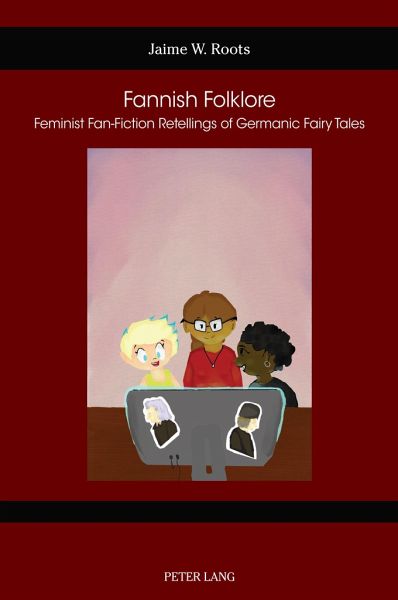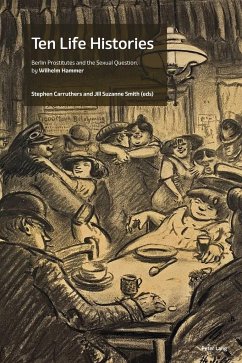
Fannish Folklore
Feminist Fan-Fiction Retellings of Germanic Fairy Tales
Herausgegeben: Gustafson, Susan; Hart, Gail; Meilaender, Peter; Evers, Kai; Applegate, Celia
Versandkostenfrei!
Versandfertig in 6-10 Tagen
68,55 €
inkl. MwSt.
Weitere Ausgaben:

PAYBACK Punkte
0 °P sammeln!
This book explores the intersection of folklore and new media storytelling in feminist adaptations of traditional fairy tales. Focusing on the Germanic folktale, the author investigates how retelling and reinterpreting fairy tales in online fan fiction both criticizes traditional narratives and reinforces the continued importance of fairy tales, while also mirroring contemporary concerns and changes in German-speaking society.Fan versions of the examined folktales are repurposed to serve new functions within the communities in which they are told. Within the community investigated in this book...
This book explores the intersection of folklore and new media storytelling in feminist adaptations of traditional fairy tales. Focusing on the Germanic folktale, the author investigates how retelling and reinterpreting fairy tales in online fan fiction both criticizes traditional narratives and reinforces the continued importance of fairy tales, while also mirroring contemporary concerns and changes in German-speaking society.
Fan versions of the examined folktales are repurposed to serve new functions within the communities in which they are told. Within the community investigated in this book, the stories open an online space where women can reclaim and reconsider the role canonical fairy tales play in their lives. Introducing fandom and new media studies to the realm of oral storytelling and folklore produces a new way of understanding the importance of communal folklore even in an age of mass culture. The adaptations traced throughout this book show the fascinating longevity and flexibility of the folktale and its power to reimagine the Germanic past into the future.
Fan versions of the examined folktales are repurposed to serve new functions within the communities in which they are told. Within the community investigated in this book, the stories open an online space where women can reclaim and reconsider the role canonical fairy tales play in their lives. Introducing fandom and new media studies to the realm of oral storytelling and folklore produces a new way of understanding the importance of communal folklore even in an age of mass culture. The adaptations traced throughout this book show the fascinating longevity and flexibility of the folktale and its power to reimagine the Germanic past into the future.














